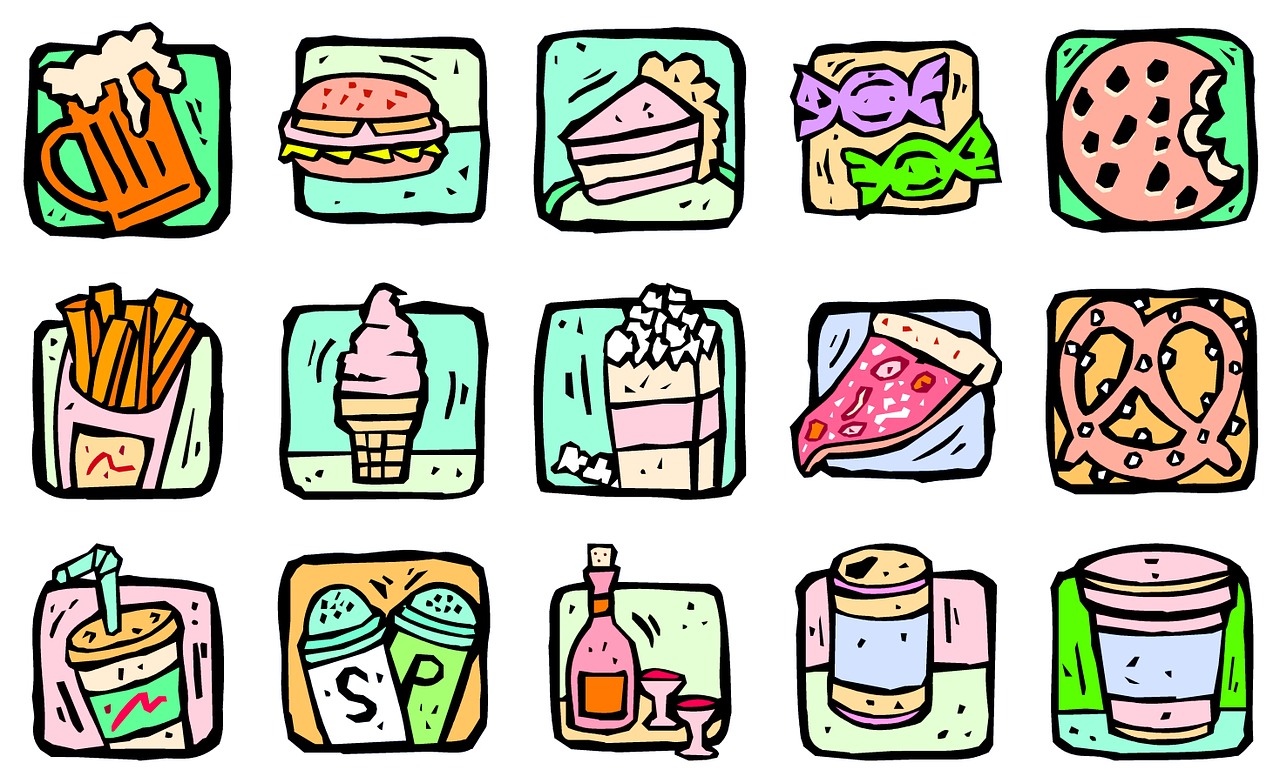Before now, we’ve had to live with the thoughts that unhealthy eating can lead to Gout for several years. Perhaps, it’s time to think otherwise, with a recent study confirming that this painful form of arthritis is not caused by poor diet. In clearer terms, too much alcohol – wine and beer – alongside red meat only increases the risk of gout by just one percent in individuals. The study further identified genetics as the real culprit in the inflammatory condition.
Several prominent individuals have been affected by this disease, including the Tudor monarch – Henry VIII, who was the reason for dubbing the condition as the ‘disease of kings.’ Another notable sufferer is father Benjamin Franklin, who was reported to have missed several meetings held to draft the Declaration of Independence due to gout.

Henry VIII famously had gout, hence the condition being known as the ‘disease of kings’
Researchers from the University of Otago, New Zealand, in the course of the study, analyzed 16,760 adults of European ancestry but stayed in the US. Blood samples of the subjects were taken to determine the urate levels of the participants accurately. By urate, we mean a kind of salt derived from the chemical – uric acid. The salt is made when purines are broken down by the body. Purines, on the other hand, refers to body products and are naturally present in all foods, but more prominent in mackerel, beer, liver, and anchovies.
Hyperuricemia, which is when an individual has a high level of urate, has been identified as a top risk factor for gout. Questionnaires were employed to effectively assess the diets of the subjects, with questions on their rate of consumption of 63 various kinds of food.
According to the BMJ, seven foods are known to have high levels of urate. These foods are beer, wine, spirits, potatoes, soft drinks, poultry, and meat (pork, beef, and lamb). Likewise, some foods reduce the levels of urate in the body, and such foods include eggs, peanuts, cereal, cheese, margarine, brown bread, skimmed milk, and non-citrus fruits.
The seven foods listed above, even with their high levels of urate, will only raise the urate levels of an individual by just one percent, according to the study. The research further submitted that 23.9 percent of an individual’s urate count is due to genetics.
The head of the team of researchers, Professor Tony Merriman, wrote thus: “Our data challenge widely held community perceptions that hyperuricemia is primarily caused by diet, showing for the first time that genetic variants have a much greater contribution to hyperuricemia than dietary exposure.”
There have been different reactions to the study, with Keele University’s scientists opining that individuals with the condition usually face stigma from the wrong thoughts that gout is largely due to an unhealthy lifestyle. Thus, only one-third of gout sufferers are prescribed drugs that will reduce their urate levels.
According to their written report, the Keele scientists believe that “when patients develop gout, they are frequently given inaccurate or conflicting information which trivializes gout and misrepresents its causes and treatment.”
What Is Gout?
Gout is one of the forms of arthritis, but which comes with acute pains. The most painful of the gout attacks come really fast, and mostly during the night. About 2% of the UK population are affected by gout, with approximately 8.3 million in the US.
Overeating and overdrinking were once identified as the causes of gout, although there is more to that assumption. Gout occurs in response to uric acid accumulation, perhaps due to the inability of the kidneys of an individual to expel the substance quickly enough. When this accumulation lingers, it could form uric-acid crystals in and around the joints, and this, in turn, causes acute inflammation which takes about a week to settle.
About two-thirds of the uric acid produced by the individual already exists in their body, with the other one-third coming from the breakdown of the purines found in some drinks and foods. Foods and drinks like alcohol, red meat and offal, oily fish (salmon and mackerel, etc.), and foods with high levels of yeast extract (marmite and Bovril), all contain high concentrations of purines.
Apart from pain, the joints of a gout sufferer can be frequently red, hot, swollen, and shiny. When the condition is not treated, there is usually an increase in the rate of the attacks, and more joints are affected.
Most times, painkillers are employed in the treatment of gout. Such painkillers are usually non-steroidal and anti-inflammatory, with ibuprofen and colchicine being the two most common examples.
Source: DailyMail
 Based on +200
reviews
Based on +200
reviews



